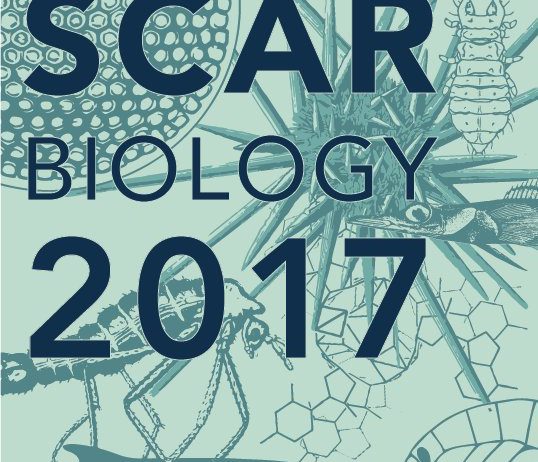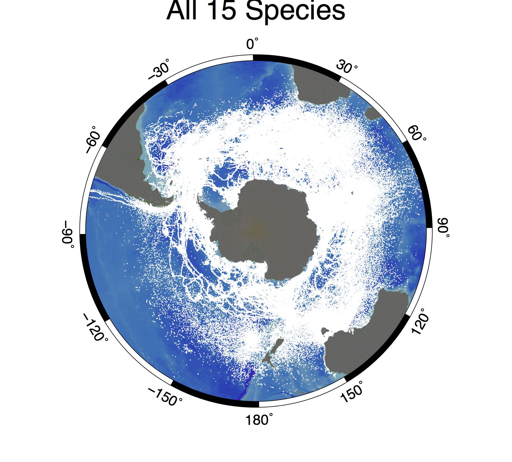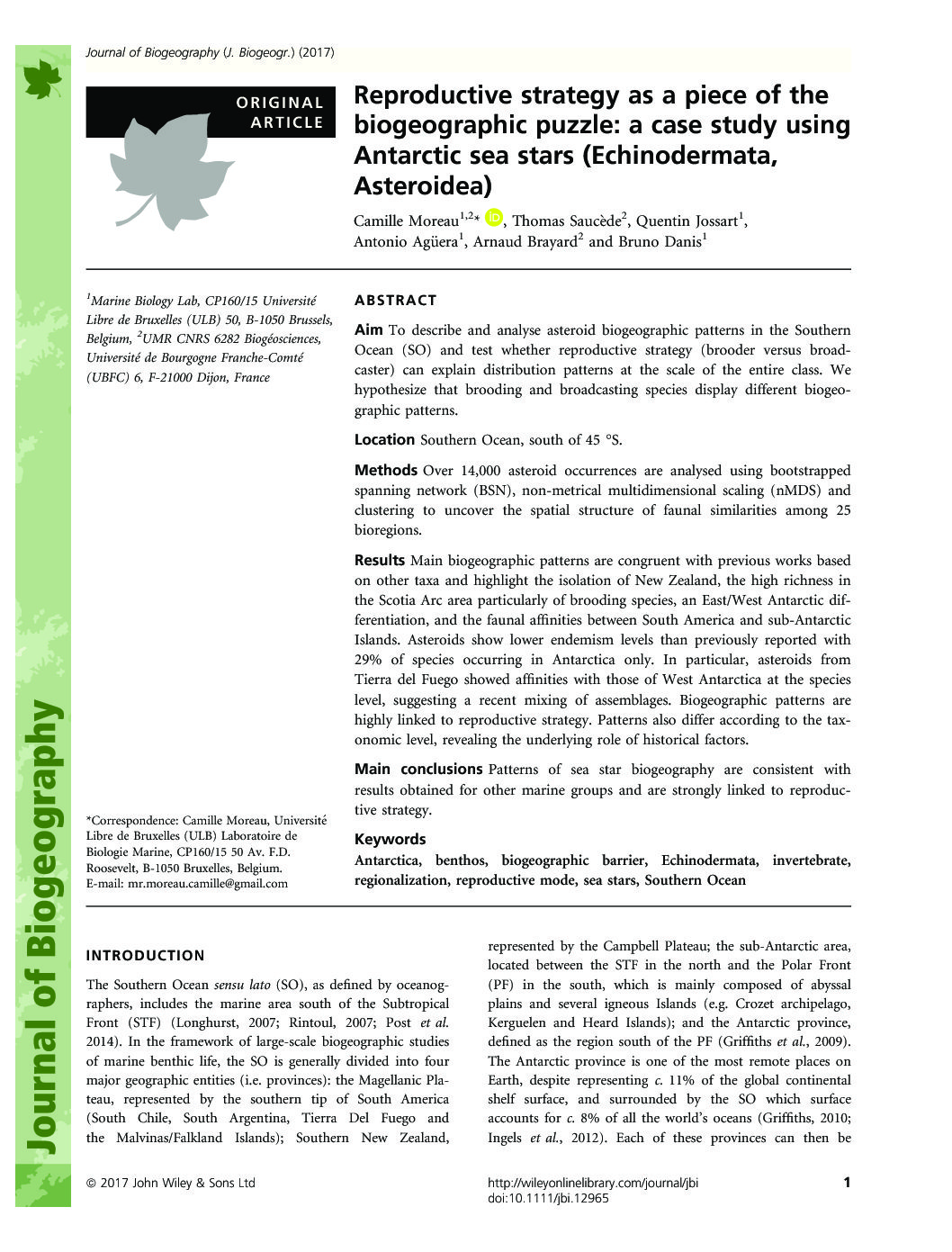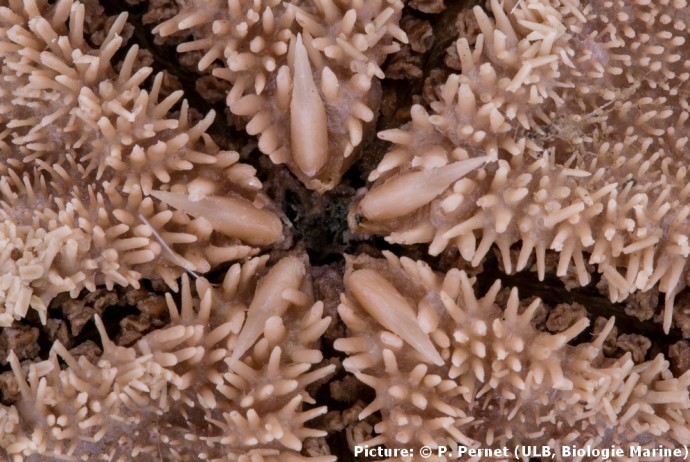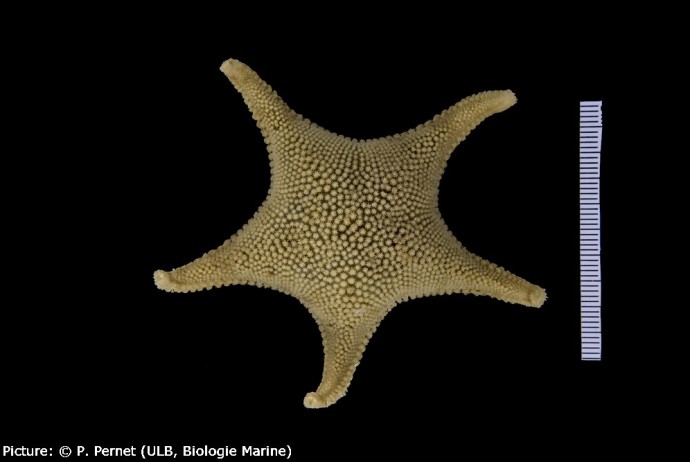The Marine Biology Lab is making a significant contribution to the SCAR biology symposium, which is taking place in Leuven, Belgium between 10-14th of July 2017.
Bruno Danis is co-chairing the Local Organising Committee (LOC) with Anton Van de Putte (Royal Belgian Institute of Natural Sciences) and participates in the SCAR Expert Groups on Antarctic Biodiversity Informatics and Antarctic Birds and Marine Mammals, respectively as Chief Officer and member. Bruno is also organising a side event on the Belgica120 expedition.
Philippe Dubois and Chantal De Ridder are also members of the LOC.
In terms of scientific contributions, our team will present the following papers:
- Antonio Agüera: Understanding the role of environmental conditions on the performance of Laternula elliptica (King & Broderip) in King George Island
- Sarah Di Giglio: Acid-base physiology of the Antarctic sea urchin Sterechinus neumayeri: differences according to environmental conditions?
- Philippe Dubois: Is the Sub-antarctic sea urchin Abatus cordatus threatened by ocean acidification? AND Acid-base physiology of Antarctic and Sub-antarctic sea urchins and their resilience to ocean acidification
- Salomé Fabri-Ruiz: Improving the quality of species distribution models at large spatial scale to better future predictions
- Charlène Guillaumot: Modelling species distribution: influences of temporal, spatial, and sampling heterogeneities in data-poor areas. An example from the Kerguelen Plateau.
You can find the details about the programme on this eDoc.
See you at the symposium!

